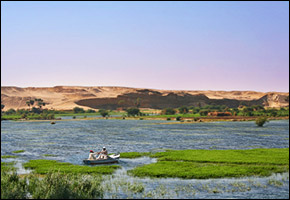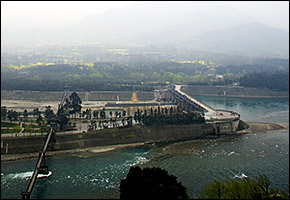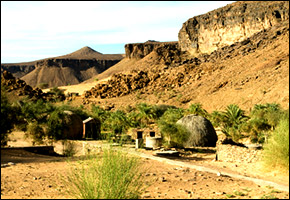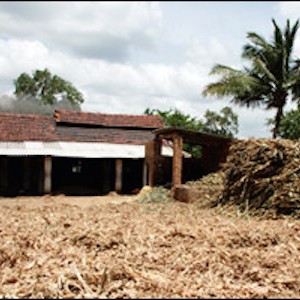African States Fail to Agree on Nile River Allocations

Last week, the water ministers of the nine Nile River Basin countries postponed the signing of a new water-sharing treaty that has already flamed up diplomatic tensions between upstream and downstream nations in the region, AFP reported.
The ministers of the Nile Basin states and the observing country Eritrea, met in the city of Alexandria in Egypt and delayed the signing by at least six months. The agreement would cut the water quotas for Egypt and Sudan, and the two upstream countries had previously opposed the treaty’s provisions.
First drafted in June at a summit in the Democratic Republic of Congo, the Cooperative Framework Agreement (CFA) allocates more water for a number of thirsty upstream countries in the basin. But Egypt and Sudan say that it disregards their historical claim to the river’s water.
Citing a 1929 agreement between Egypt and Great Britain, then a colonial power, Egypt still claims a veto power over projects in upstream regions. Another treaty between Egypt and Sudan in 1959 outlined specific water allocations for the two countries.
But several Nile Basin states –- many of which periodically suffer from prolonged droughts — are demanding more water, as growing populations and climate change reshape their resource needs.
With Egypt’s water demands expected to exceed supplies by 2017, the nation will not agree to receive less water, said Mona Omar, Egyptian deputy foreign minister for African Affairs.
Covering about one-tenth of Africa, the Nile River Basin is a vital water resource for the continent.
Read more here.
Source: Yahoo News
, a Bulgaria native, is a Chicago-based reporter for Circle of Blue. She co-writes The Stream, a daily digest of international water news trends.
Interests: Europe, China, Environmental Policy, International Security.









Leave a Reply
Want to join the discussion?Feel free to contribute!